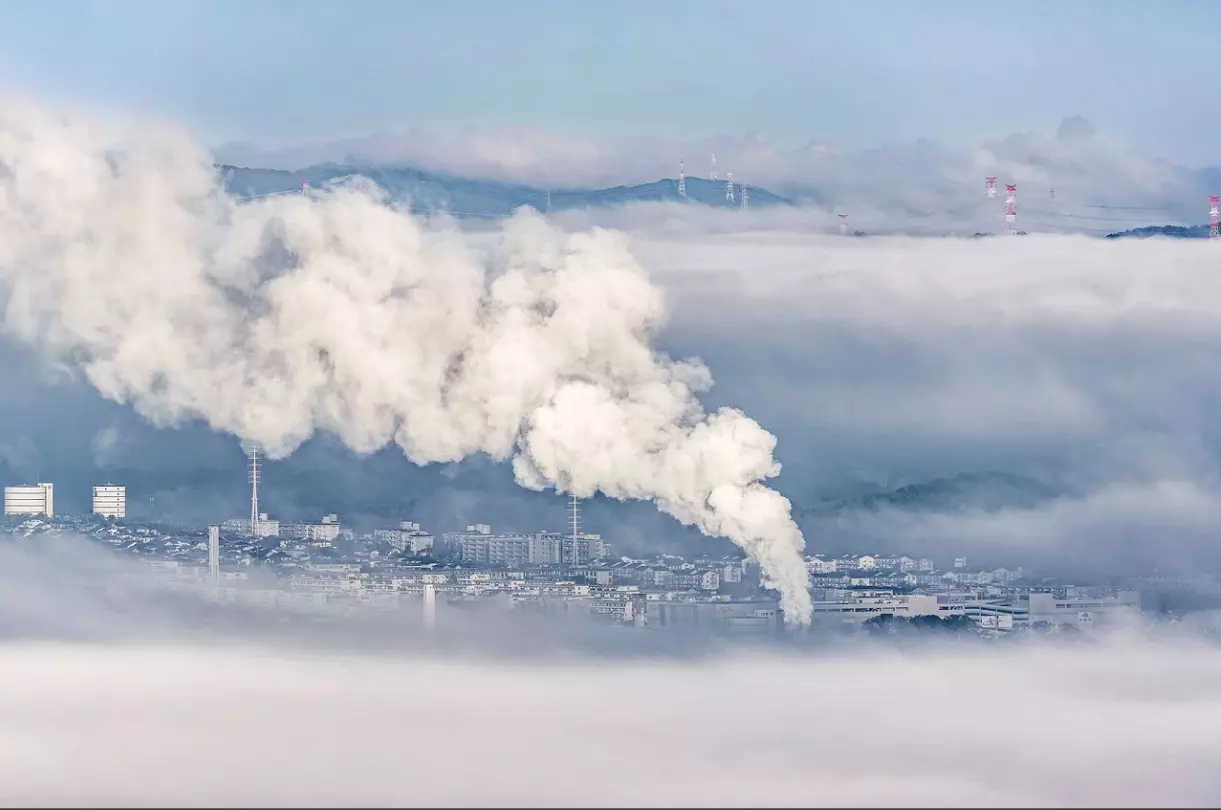At a tipping point

The planet that humans call home is constantly falling into the grip of climate change-induced adversities. With each passing year, the fall is accelerating threateningly. Recent data released by the National Oceanic and Atmospheric Administration (NOAA) and the Scripps Institution of Oceanography has revealed that CO2 levels breached another record in May 2023, surging from 421 parts per million (PPM) in May last year to a staggering 424 PPM this year. This alarming rise in CO2 levels is having significant repercussions on marine, terrestrial and aerial ecosystems alike, posing a dire challenge to the future of planet Earth. Oceans carry a great affinity to absorb both heat and CO2. As the excess CO2 dissolves in the oceans, it triggers a process known as ocean acidification. The process hampers the ability of marine organisms, including corals and shellfish, to build and maintain their calcium carbonate shells and skeletons. Furthermore, the added warmth in itself is a big disruptor of marine life. It is obvious that the rise of CO2 levels in the atmosphere is disturbing the delicate balance of marine life, which can have monumental effects on biodiversity and the sustainability of the ecosystem. Obviously, the surge in CO2 levels poses a grave threat to terrestrial ecosystems as well. Higher CO2 concentrations contribute to global warming, intensifying the greenhouse effect and triggering adverse climate changes. NOAA Administrator Rick Spinrad highlighted, “every year, we see the impacts of climate change in the heat waves, droughts, flooding, wildfires and storms happening all around us”. He added that “we must expend every effort to slash carbon pollution and safeguard this planet”. These impacts have also emerged as a major trigger for widespread habitat loss, species extinction, and ecological imbalances. The repercussions of climate change and global warming — to which rising CO2 levels are a major contributor — are visible to the naked eye, and experienced by citizens of almost all nations. The urgency to act collectively on this front is an acknowledged imperative, but the coordinated action has been largely elusive. The reason is that combating CO2 pollution and climate change has large economic costs — some incurred directly, others in terms of foregone instant benefits. The developing and developed countries have been passing on the baton to each other, mutually, for decades — not realising in full sincerity that they are running out of time. The unresolved debate around climate justice is showing no signs of abatement. The sad fact is that delegates from all concerned nations assemble during global climate meetings and agree conveniently on the obvious need to take actions to combat climate change but, at the same time, have been unable to remove the hindrances and difference of opinions that would impede the entire process. It is bewildering that despite meeting frequently in high-profile climate meetings, delegates from developing and developed countries have not found a common ground for action. As long as such meetings bank on the convenient reiterations and avoid the tangled issues like climate justice, coordinated climate action will remain a farce. In a sobering warning, UN scientists have projected that greenhouse gas emissions will rise 10 per cent above 2010 levels by 2030, exacerbating the already critical situation. Urgent action is needed to reverse this trend and bring emissions down to prevent catastrophic consequences for our planet and future generations. The need for collective action has never been more evident. Controlling carbon emissions and mitigating the effects of rising CO2 levels require the concerted efforts of governments, industries, and individuals alike. While governments play a crucial role in implementing policies and regulations, citizens also have a vital role to play. By adopting sustainable practices, reducing personal carbon footprints, and supporting eco-friendly initiatives, individuals can contribute significantly to the fight against climate change. Citizens are the end-sufferers, and they should be the most vocal stakeholder in combating climate change. The United Nations Framework Convention on Climate Change (UNFCCC) Conference of the Parties (COP) is a crucial platform for global climate action. As COP 28 approaches in Dubai at the end of this year, the international community eagerly anticipates meaningful commitments and robust action plans to address the rising CO2 levels. It is crucial that nations take significant strides towards resolving their differences at the meeting; the signs of which, however, are feeble.



